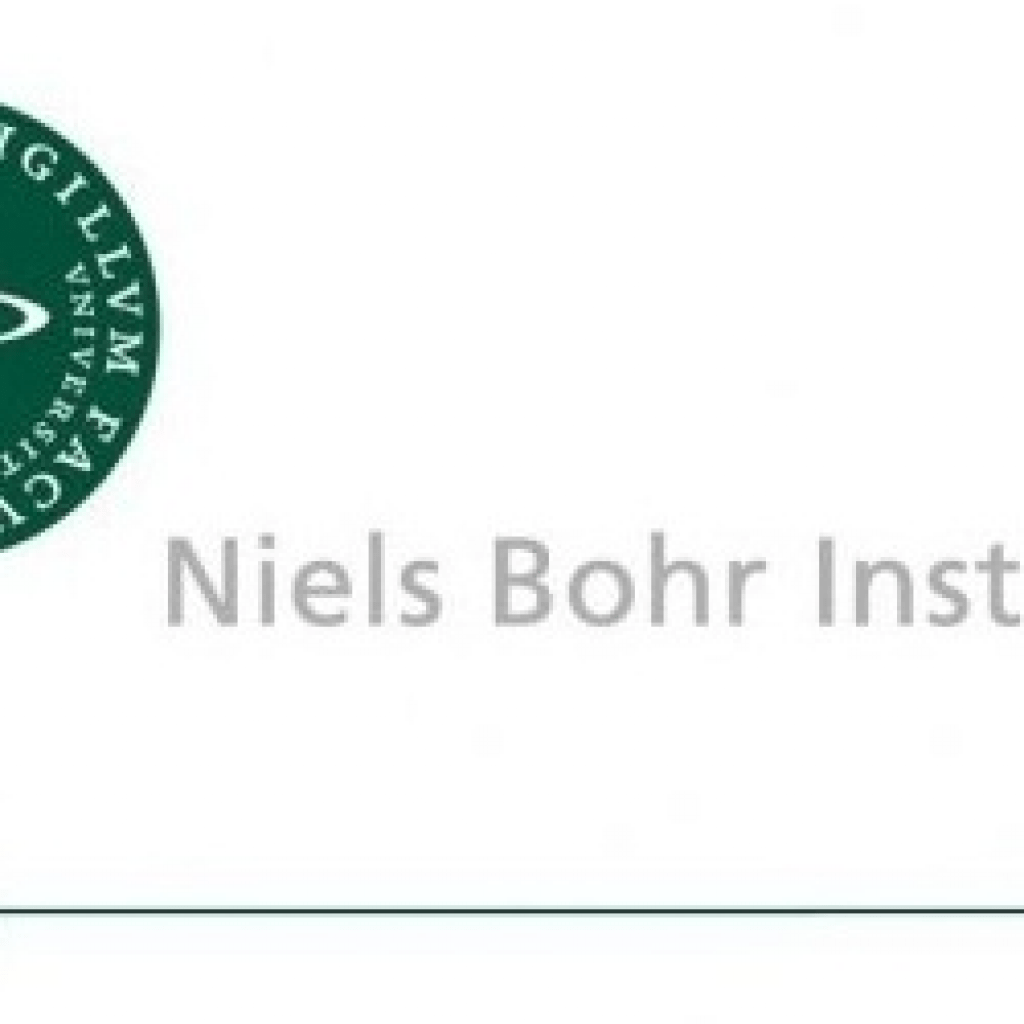(Uniavisen.dk) Serge Savin recently reported on the mixed feelings from the staff at Niels Bohr Institute at the University of Copenhagen (UCPH) on the collaboration with NATO on a quantum research centre, according to head of department Jan W. Thomsen. IQT-News summarizes Savin’s article below:
As chairman, Jan Thomsen has been one of the driving forces behind the collaboration, and he downplays the military perspectives of the new partnership. And there have been a number of considerations to take into account before a department like the Niels Bohr Institute enters into partnership with a defence alliance like NATO, emphasises Jan W. Thomsen. He himself believes that the collaboration is far removed from the ‘guns and ammunition’ military aspects of defence.
The most important thing is that individual employees have the freedom to opt in, or out,« he says.
When you say ‘military’, you think of rifles and bombs. It is not this at all,« he says.
The centre is instead helping to maintain a technological edge over countries that do »not wish us well«
The centre, which is to be located at UCPH, is part of a larger NATO strategy called DIANA, the Defence Innovation Accelerator for the North Atlantic. It aims to strengthen high-tech industries like artificial intelligence, robotics – and yes, quantum technology.
The initiative in Denmark will specifically have two pillars: An ‘accelerator’ – a kind of study programme of up to eighteen months, which is to mature companies’ technology for the commercial market – and a test centre and fabrication unit where their ideas can be developed and tested.
Quantum technology can both have military and non-military applications. And Jan W. Thomsen does not conceal the fact that NATO may have an interest in collaborating with companies on a technology of military interest.
The department will not develop technology directly for NATO. The purpose instead is to develop a layer of growing companies, that NATO at a later stage will benefit from collaborating with.
“We are not geared towards producing military technology at all. Then we would have to enclose the department in secrecy and barbed wire. We will continue to openly publish our research, but we will work with companies that do have business secrets, who can subsequently deliver technological solutions to NATO.”
The NATO partnership is a continuation of the international awareness of the Niels Bohr Institute’s work with quantum technology. When the US Secretary of State Antony Blinken visited Denmark last year, one of the few places he visited was the Niels Bohr Institute’s facilities for quantum computers.
Thomson stressed, “We are notoriously strong in the quantum area – and we would, of course, like to foster strong collaborations with companies that can increase our growth and opportunities. This will give our graduates unique job opportunities with high salaries and the option to work on the technological front line,« he says.
The NATO partnership will lead to a number of financial benefits to the Niels Bohr Institute itself. The Institute’s employees who want to get involved in the centre will be compensated, and the Institute will be compensated for the use of its equipment. This is money from the Danish government which, according to Jan W. Thomsen, otherwise would have been used for more traditional military funding.
Sandra K. Helsel, Ph.D. has been researching and reporting on frontier technologies since 1990. She has her Ph.D. from the University of Arizona.
